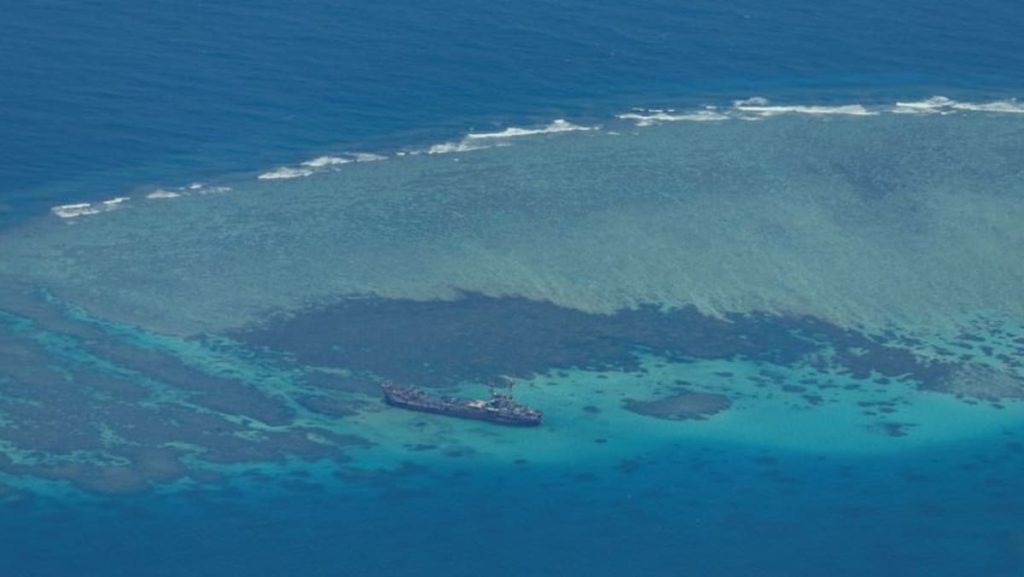Dire Impact on South China Sea Coral Reefs
Over 7,000 acres of coral reefs, an area equivalent to almost 4,000 football fields, have been irreversibly destroyed by five South China Sea claimants, as revealed by an analysis of satellite images published in a recent report by the Centre for Strategic & International Studies (CSIS). The loss of these vital marine ecosystems is a staggering environmental tragedy that has far-reaching consequences for both biodiversity and the livelihoods of coastal communities. The destruction, primarily driven by dredging and landfill activities, has left an indelible scar on the South China Sea, threatening the delicate balance of its marine environment.
China and Vietnam: The Leading Offenders
Among the South China Sea claimants, China stands out as the worst offender, accounting for approximately 65 percent of the reef damage. Vietnam follows closely behind, responsible for about 33 percent of the destruction. The CSIS report underscores the significant ecological impact of China’s land reclamation efforts, which involve extensive dredging and the construction of artificial islands atop fragile coral reefs. These activities have not only caused immediate damage but have also led to long-term, irreparable changes in the overall structure and health of the reef systems. The scale of the destruction is alarming, and it highlights the urgent need for international action to address these practices.
The Ecological Importance of Coral Reefs
Coral reefs are among the most vital ecosystems in the South China Sea, supporting a vast array of marine life and playing a crucial role in maintaining the health of the ocean. According to a separate CSIS report published in late 2023, the South China Sea is home to a significant proportion of the world’s coral species. These reefs provide essential habitats for fish and other marine organisms, serve as nurseries for commercially important species, and protect coastal areas from erosion and storm damage. The destruction of these reefs not only threatens marine biodiversity but also has severe implications for the economic and social well-being of communities that depend on the sea for their livelihoods.
The Consequences of Land Reclamation
The land reclamation efforts undertaken by South China Sea claimants, particularly China, have had devastating consequences for the marine environment. Dredging and the construction of artificial islands involve the removal of vast amounts of sediment, which can smother coral reefs and disrupt the delicate balance of the ecosystem. The resulting increase in turbidity and pollution further compromises the health of the reefs, making it difficult for them to recover. Marine conservationists emphasize that the long-term effects of these activities are profound and far-reaching, potentially leading to the collapse of entire marine ecosystems.
The Role of Multilateral Environmental Agreements
To address the environmental degradation caused by land reclamation activities in the South China Sea, marine conservationists argue that multilateral environmental agreements are essential. These agreements can provide a framework for holding countries accountable for their actions and promoting sustainable practices that protect the marine environment. International cooperation is crucial in this regard, as the issues are too complex and far-reaching to be addressed by individual nations alone. By working together, countries can develop and implement strategies to mitigate the damage and restore the health of the coral reefs, ensuring their preservation for future generations.
A Call for Global Action
The destruction of South China Sea coral reefs is a wake-up call for the global community. The environmental and social consequences of these activities are too significant to ignore. It is imperative that international bodies, governments, and conservation organizations come together to find sustainable solutions and enforce regulations to protect these vital ecosystems. The future of the South China Sea’s coral reefs and the communities that depend on them hangs in the balance. Only through concerted and collaborative efforts can we hope to reverse the damage and ensure the long-term health and resilience of these irreplaceable marine treasures.












